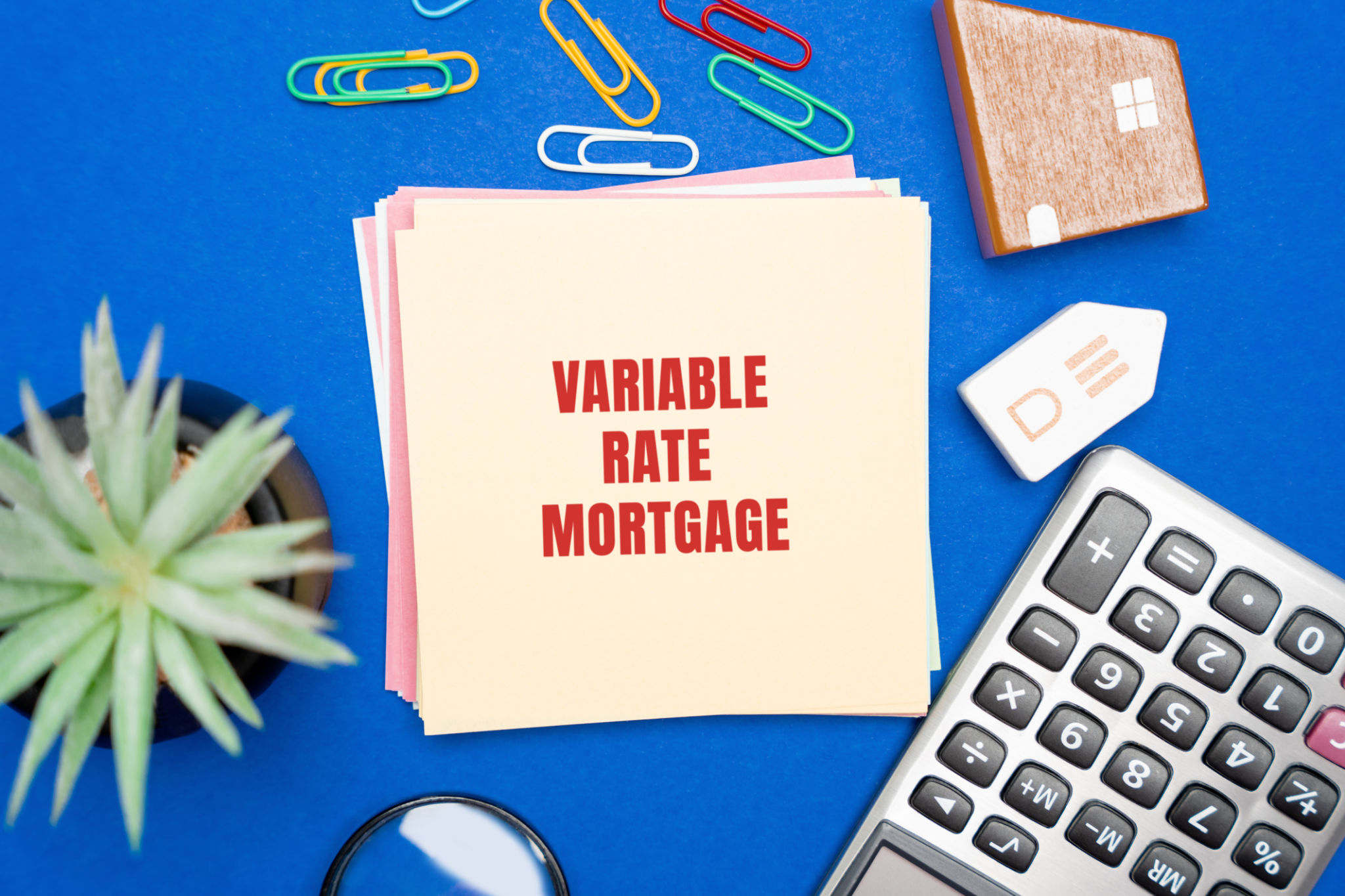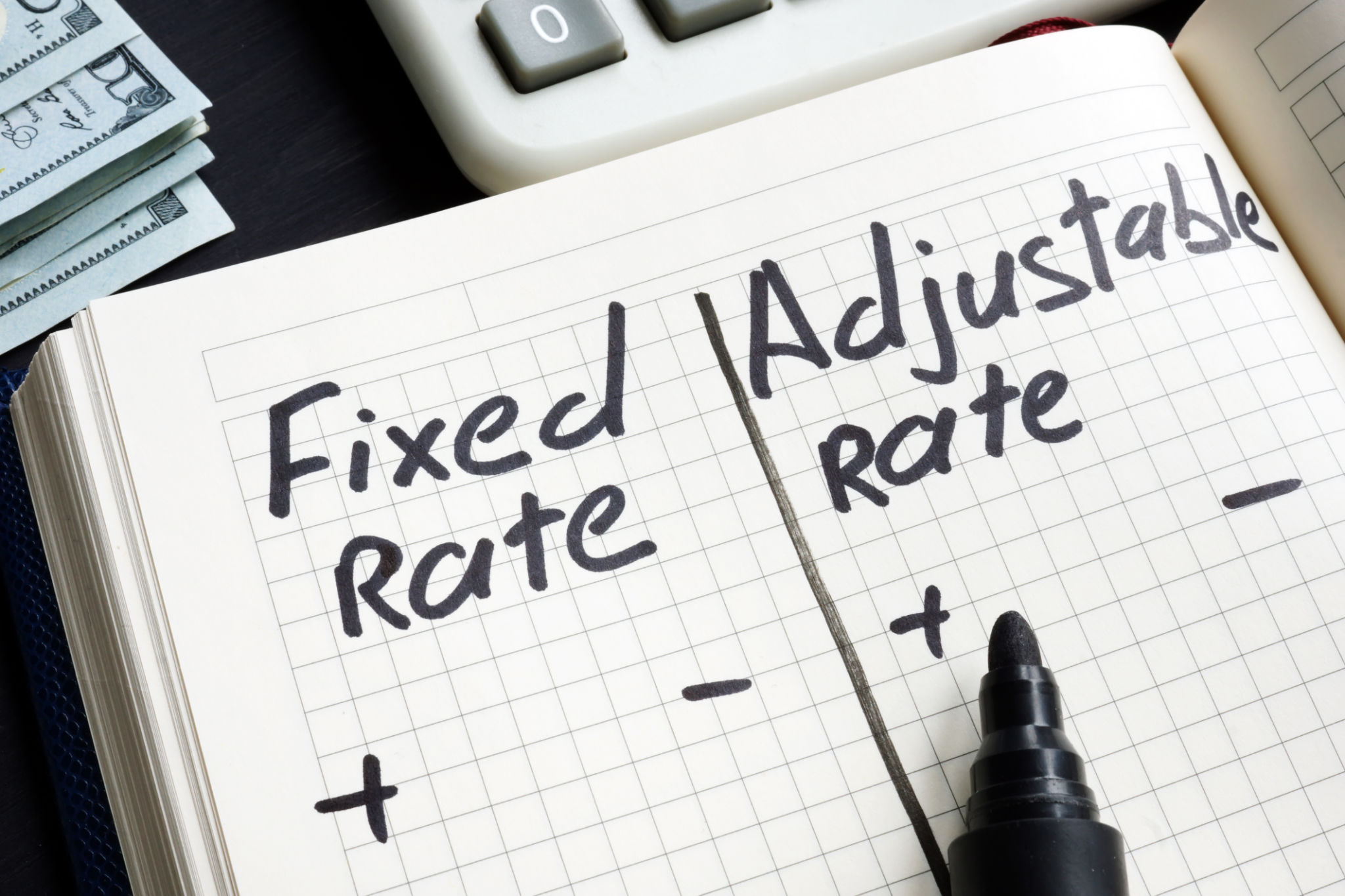Comparing Fixed-Rate vs. Variable-Rate Mortgages: Which is Right for You?
Understanding the Basics of Fixed-Rate Mortgages
When considering a mortgage, one of the primary options is a fixed-rate mortgage. This type of mortgage offers a consistent interest rate and monthly payment throughout the loan term, which can range from 10 to 30 years. The stability of fixed-rate mortgages makes them appealing to borrowers who value predictability in their financial planning.
With a fixed-rate mortgage, you know exactly what your payment will be every month. This can be particularly beneficial in budgeting and can offer peace of mind, especially in an environment where interest rates might rise. However, the initial interest rates on fixed mortgages tend to be higher compared to variable-rate options.

Diving into Variable-Rate Mortgages
In contrast, a variable-rate mortgage (often called an adjustable-rate mortgage or ARM) offers an interest rate that can fluctuate over time. Typically, these mortgages start with a lower interest rate than fixed-rate mortgages, which can make them attractive to those planning to move or refinance before the rate adjusts.
Variable-rate mortgages usually start with a fixed period where the interest rate remains steady, after which it adjusts at predetermined intervals. The adjustment is based on a benchmark or index plus a margin. While this can result in lower payments initially, there's a risk that rates—and therefore payments—can increase significantly over time.

Pros and Cons of Each Option
When deciding between fixed and variable-rate mortgages, it's essential to weigh the pros and cons of each option:
- Fixed-Rate Mortgage Pros: Predictable payments, protection against rising interest rates.
- Fixed-Rate Mortgage Cons: Generally higher initial interest rates, less flexibility if market rates drop.
- Variable-Rate Mortgage Pros: Lower initial rates, potential for decreased payments if rates fall.
- Variable-Rate Mortgage Cons: Uncertainty with future payments, potential for significant rate increases.

Factors to Consider When Choosing
Your choice between fixed and variable-rate mortgages should reflect your personal financial situation and future plans. Consider factors such as how long you plan to stay in your home, your risk tolerance, and your ability to handle potential payment increases in the case of a variable-rate mortgage.
If you anticipate staying in your home for a long time, the stability of a fixed-rate mortgage might be more beneficial. On the other hand, if you plan to sell or refinance in a few years, you might benefit from the lower initial rates of a variable-rate mortgage.
The Importance of Market Conditions
Current market conditions also play a crucial role in deciding between these two mortgage types. In an environment where interest rates are expected to rise, locking in a fixed rate could save you money in the long run. Conversely, if rates are stable or expected to fall, starting with a variable rate might be advantageous.
Keep an eye on economic indicators and forecasts, and consider consulting with a financial advisor or mortgage professional to better understand how market trends might impact your decision.
Conclusion: Making the Right Choice for You
Ultimately, the decision between a fixed-rate and variable-rate mortgage depends on your unique circumstances and preferences. Take the time to evaluate your financial goals, risk tolerance, and market conditions. By doing so, you'll be better equipped to choose the mortgage that best suits your needs.
Remember that both options have their merits and drawbacks. The key lies in understanding these differences and aligning them with your long-term financial plans.
